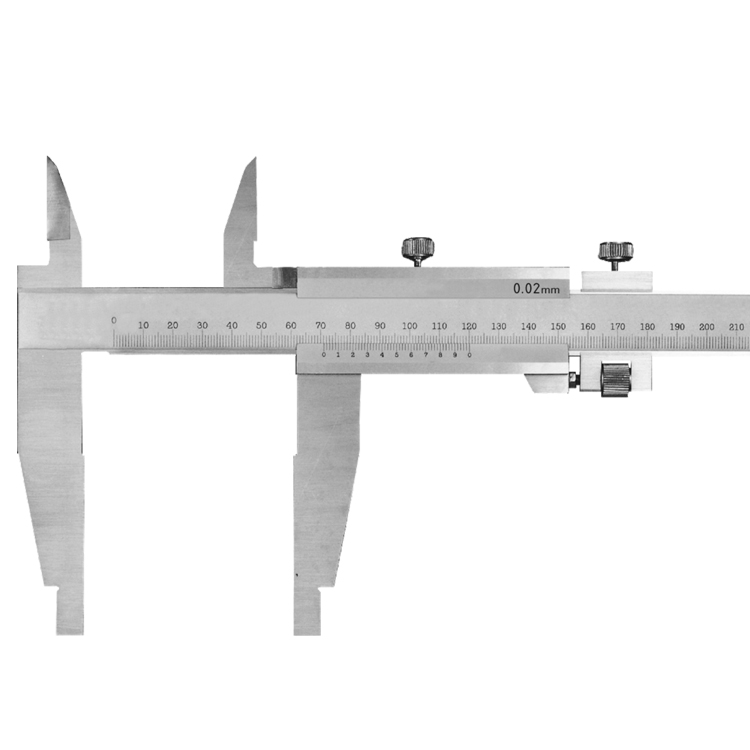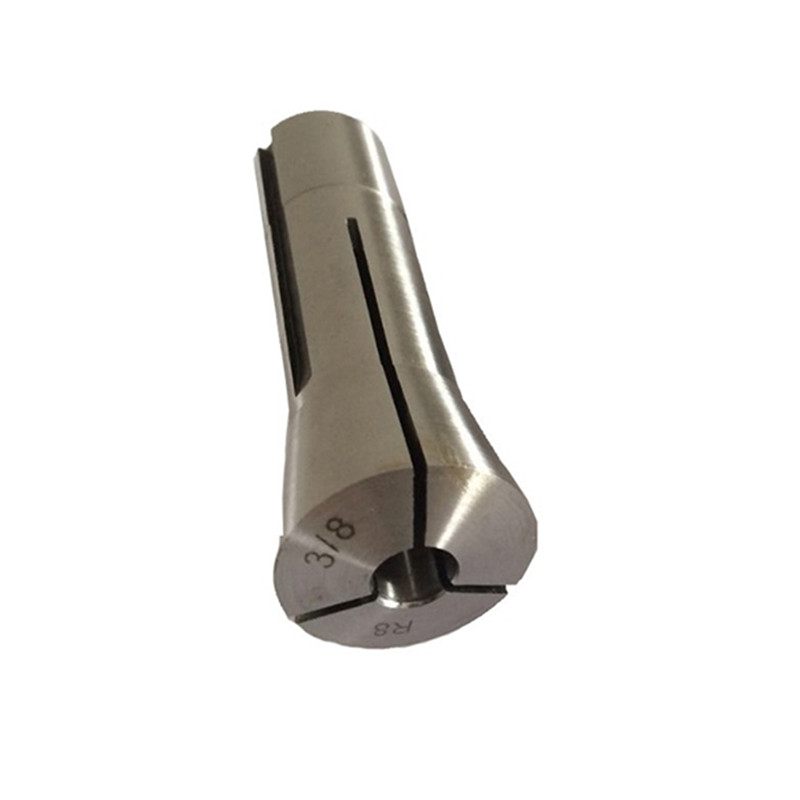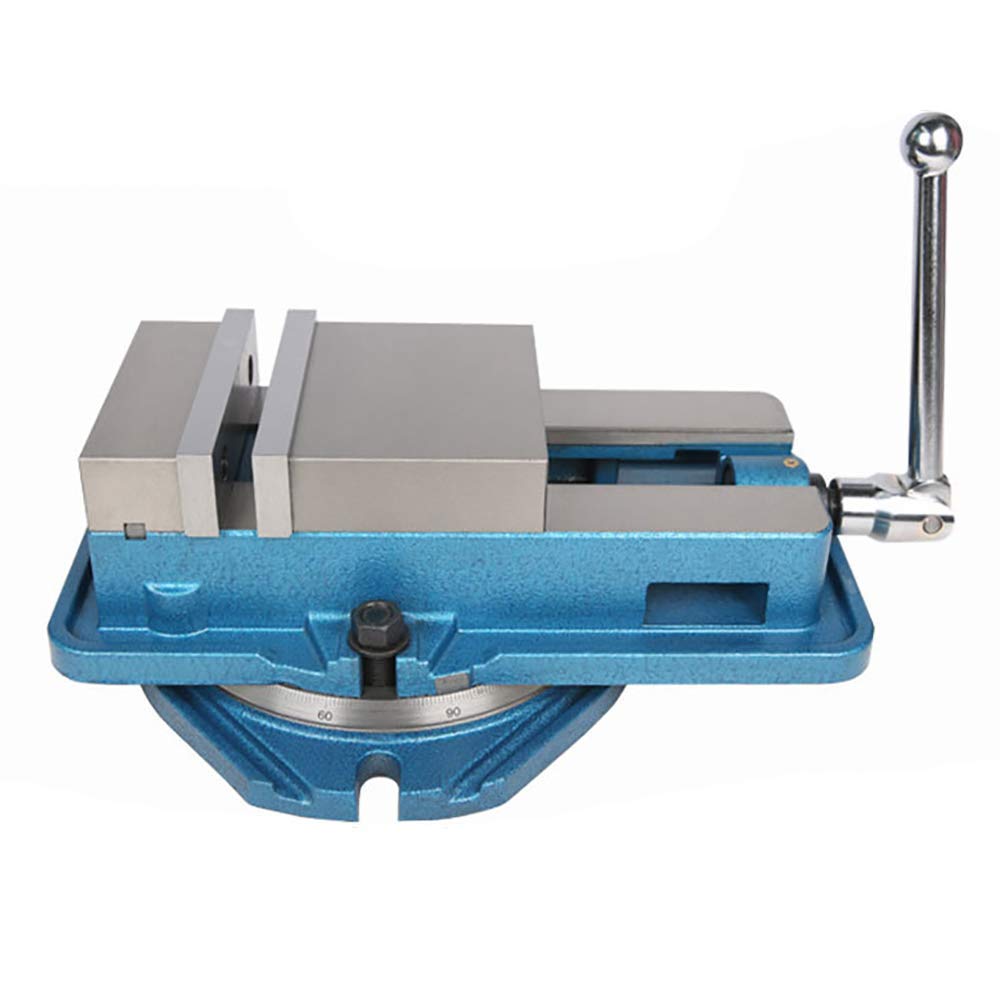Hand Tap Factories
Hand taps are essential tools for creating internal threads in various materials. This guide explores the world of hand tap factories, examining the manufacturing process, key considerations when selecting a supplier, and factors influencing tap quality and performance.
Understanding Hand Taps and Their Applications
Hand taps are manually operated tools used to cut threads inside holes. They typically come in sets of three: a taper tap (for starting the thread), a plug tap (for cutting a deeper thread), and a bottoming tap (for cutting threads close to the bottom of a hole). They are primarily used by machinists, mechanics, and hobbyists for creating or repairing threaded holes. Wayleading Tools, a well-respected supplier of high-quality cutting tools, understands the importance of reliable threading solutions.
Types of Hand Taps
- Taper Taps: Feature a gradual taper, making them easy to start and align.
- Plug Taps: Have a shorter taper than taper taps, ideal for general-purpose threading.
- Bottoming Taps: Have a nearly complete thread profile, allowing them to cut threads to the bottom of a blind hole.
Materials Used in Hand Tap Manufacturing
Hand taps are commonly made from high-speed steel (HSS) or carbon steel. HSS taps offer greater durability and heat resistance, making them suitable for threading harder materials. Carbon steel taps are more economical for softer materials.
The Hand Tap Manufacturing Process in Factories
Hand tap factories employ a series of precise processes to produce high-quality tools. These processes include:
- Material Selection: Choosing the appropriate grade of steel based on the intended application.
- Forging or Machining: Shaping the tap blank to its approximate dimensions.
- Thread Grinding or Cutting: Creating the precise thread profile using specialized grinding or cutting machines.
- Heat Treatment: Hardening and tempering the steel to achieve the desired hardness and toughness.
- Surface Treatment: Applying coatings such as titanium nitride (TiN) to improve wear resistance and reduce friction.
- Inspection and Testing: Ensuring that the taps meet strict quality standards for dimensional accuracy, thread form, and hardness.
Key Considerations When Choosing a Hand Tap Factory
Selecting the right hand tap factory is crucial for ensuring the quality and reliability of your tools. Consider the following factors:
Quality Control and Certifications
Look for factories with robust quality control systems and certifications such as ISO 9001. These certifications demonstrate a commitment to quality and consistency.
Manufacturing Capabilities and Expertise
Ensure the factory has the necessary equipment and expertise to produce hand taps that meet your specific requirements. This includes the ability to manufacture taps in various sizes, materials, and thread forms.
Material Traceability
A reputable hand tap factory should be able to provide traceability for the materials used in their products, ensuring that they meet required standards.
Cost and Lead Time
Compare prices and lead times from different factories to find the best balance between cost and delivery schedule. Keep in mind that cheaper options may compromise on quality.
Reputation and Customer Reviews
Research the factory's reputation and read customer reviews to assess their reliability and customer service. Consider asking for references from existing customers.
Factors Influencing Hand Tap Quality and Performance
The quality and performance of hand taps are influenced by several factors:
Material Grade
The type of steel used significantly impacts the tap's durability and wear resistance. HSS taps generally offer superior performance compared to carbon steel taps.
Thread Geometry
The precision of the thread geometry is crucial for ensuring accurate and clean threads. Look for taps with well-defined thread forms and consistent pitch.
Surface Finish
A smooth surface finish reduces friction and improves chip evacuation, leading to longer tap life and better threading performance. Coatings like TiN can further enhance surface finish and wear resistance.
Heat Treatment
Proper heat treatment is essential for achieving the optimal hardness and toughness balance. Over-hardened taps can be brittle, while under-hardened taps will wear out quickly.
Choosing the Right Hand Tap for Your Application
Selecting the appropriate hand tap for the job is critical. Consider the following factors:
Material to be Tapped
Harder materials require taps made from HSS or other high-performance alloys. Softer materials can be tapped with carbon steel taps.
Hole Type
For blind holes, use bottoming taps to cut threads close to the bottom. For through holes, taper or plug taps are suitable.
Thread Size and Pitch
Ensure that the tap matches the desired thread size and pitch. Use a thread gauge to verify the accuracy of the threads.
Lubrication
Always use appropriate cutting fluid or lubricant when tapping to reduce friction and heat, extending tap life and improving thread quality. Wayleading Tools recommends using high-quality cutting fluids for optimal results.
Troubleshooting Common Hand Tapping Problems
Even with high-quality hand taps, problems can sometimes arise. Here are some common issues and their solutions:
Tap Breakage
Cause: Excessive force, insufficient lubrication, incorrect tap selection, or hardened material.Solution: Use less force, apply more lubricant, select a tap designed for the material, or pre-drill a larger hole.
Thread Stripping
Cause: Overtightening the tap, using a dull tap, or tapping a soft material.Solution: Use the correct tapping technique, replace dull taps, or use a thread insert to reinforce the threads.
Rough Threads
Cause: Insufficient lubrication, dull tap, or incorrect cutting speed.Solution: Apply more lubricant, replace dull taps, or reduce cutting speed.
The Future of Hand Tap Manufacturing
The hand tap manufacturing industry continues to evolve with advancements in materials, coatings, and manufacturing processes. Expect to see more widespread adoption of:
- Advanced Coatings: Such as diamond-like carbon (DLC) coatings for extreme wear resistance.
- Powder Metallurgy: For producing taps with complex geometries and improved material properties.
- Automated Inspection Systems: For ensuring consistent quality and reducing manufacturing costs.
As technology advances, hand tap factories will continue to innovate to meet the evolving needs of manufacturers and machinists. Hand tap factories, like Wayleading Tools, are constantly striving to improve the performance and durability of their products.
Related products
Related products
Best selling products
Best selling products-
 Type K-90 Degree Cone Tungsten Carbide Rotary Burr
Type K-90 Degree Cone Tungsten Carbide Rotary Burr -
 5C Hex Collet With Inch and Metric Size
5C Hex Collet With Inch and Metric Size -
 Metric HSS Annular Cutters With Weldon Shank For Metal Cutting
Metric HSS Annular Cutters With Weldon Shank For Metal Cutting -
 32 Blades Feeler Gauge From 0.04-0.88MM
32 Blades Feeler Gauge From 0.04-0.88MM -
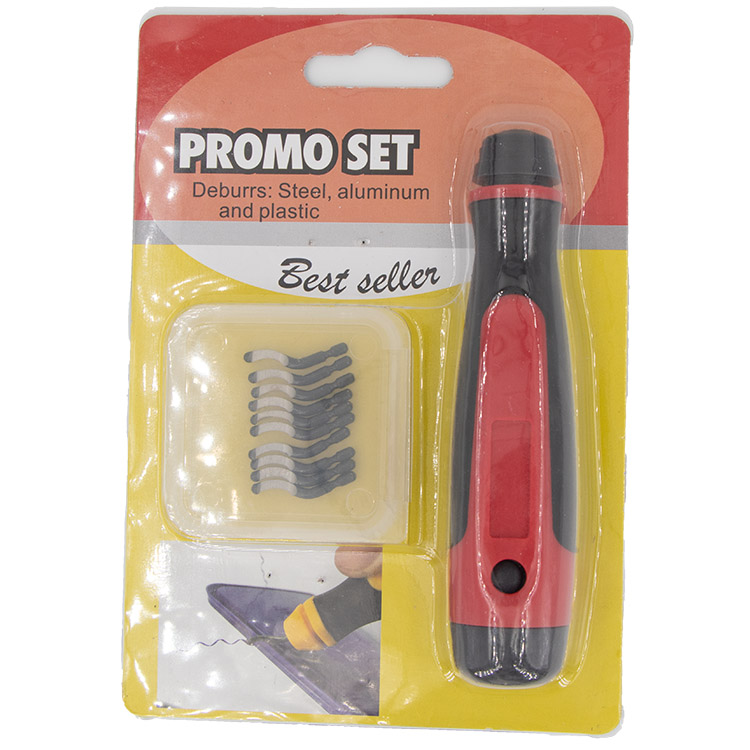 Type B Light Duty Deburring Tool Set With Deburring Holder And Deburring Blade
Type B Light Duty Deburring Tool Set With Deburring Holder And Deburring Blade -
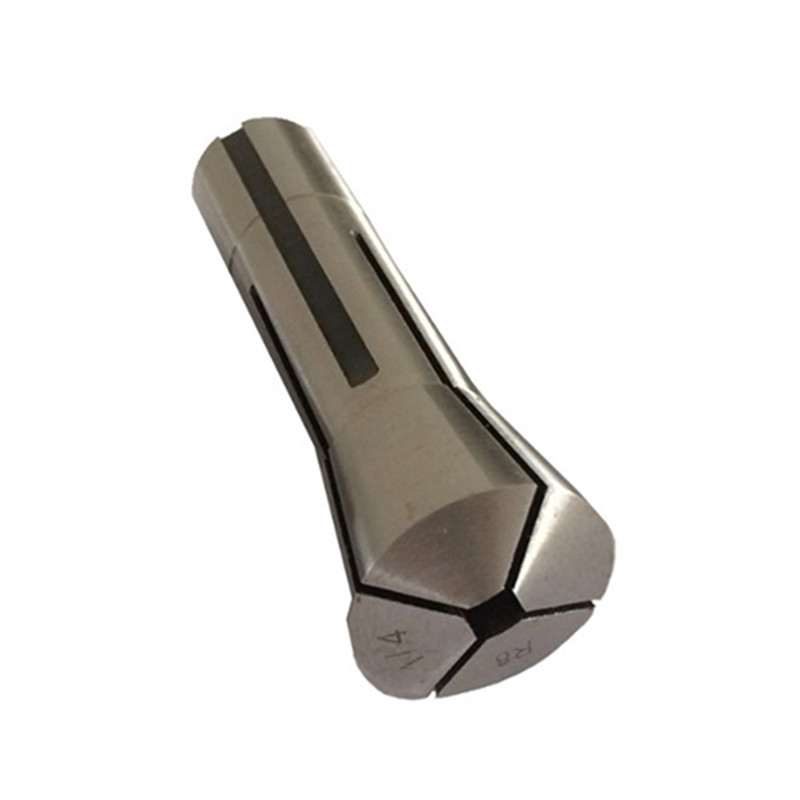 R8 Square Collet With Inch and Metric Size
R8 Square Collet With Inch and Metric Size -
 HSS Inch 4 Flute End Mills With Bright Or TiN And TiAlN Coated
HSS Inch 4 Flute End Mills With Bright Or TiN And TiAlN Coated -
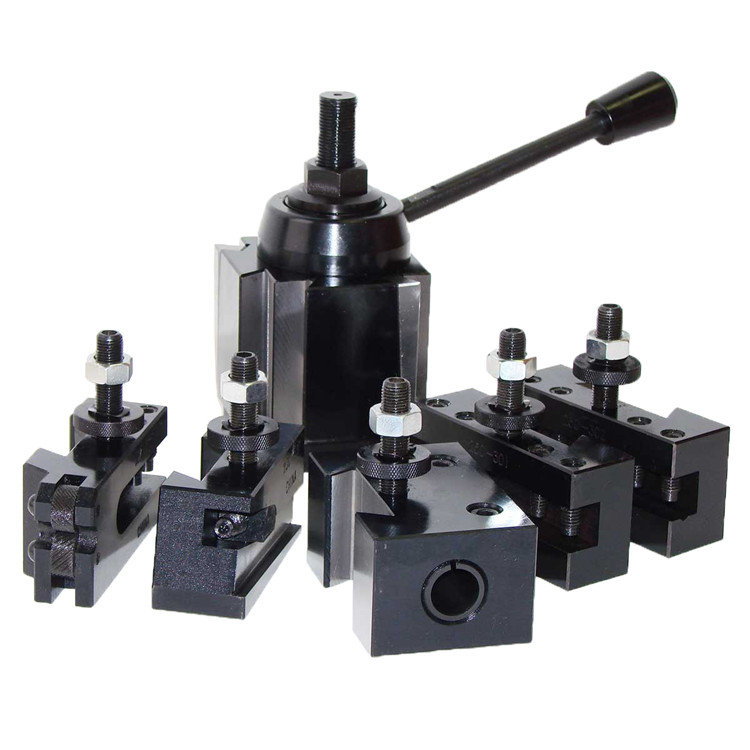 Wedge Type Quick Change Tool Post Set In lathe Machine
Wedge Type Quick Change Tool Post Set In lathe Machine -
 Precision 17pcs Angle Blocks Set With High Quality Type
Precision 17pcs Angle Blocks Set With High Quality Type -
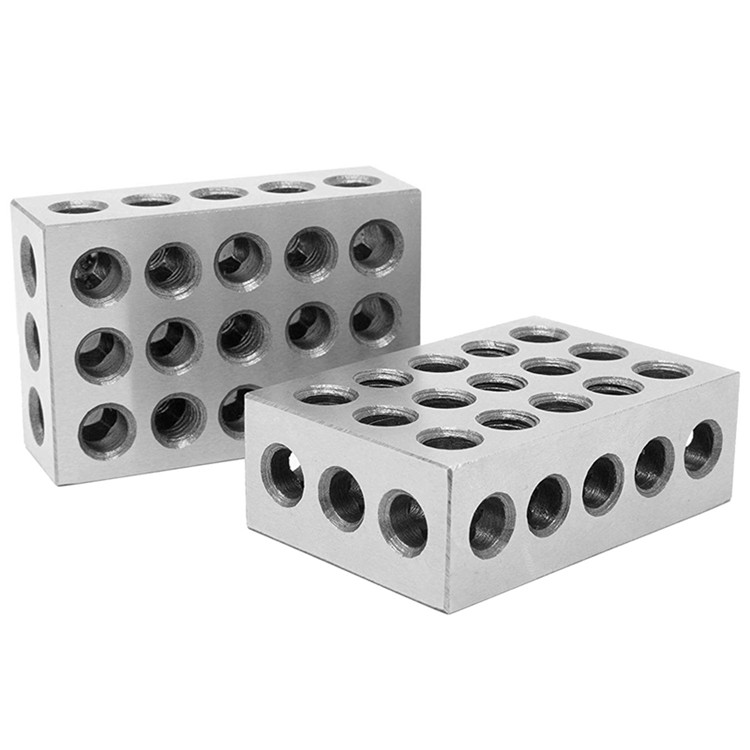 Precision 1-2-3, 2-3-4 or 2-4-6 Block With 1 And 11 And 23 Or None Hole
Precision 1-2-3, 2-3-4 or 2-4-6 Block With 1 And 11 And 23 Or None Hole -
 Precision Dustproof Dial Caliper Of Double Shock-Proof For Industrial
Precision Dustproof Dial Caliper Of Double Shock-Proof For Industrial -
 HSS Involute Spline Cutter With PA30
HSS Involute Spline Cutter With PA30


